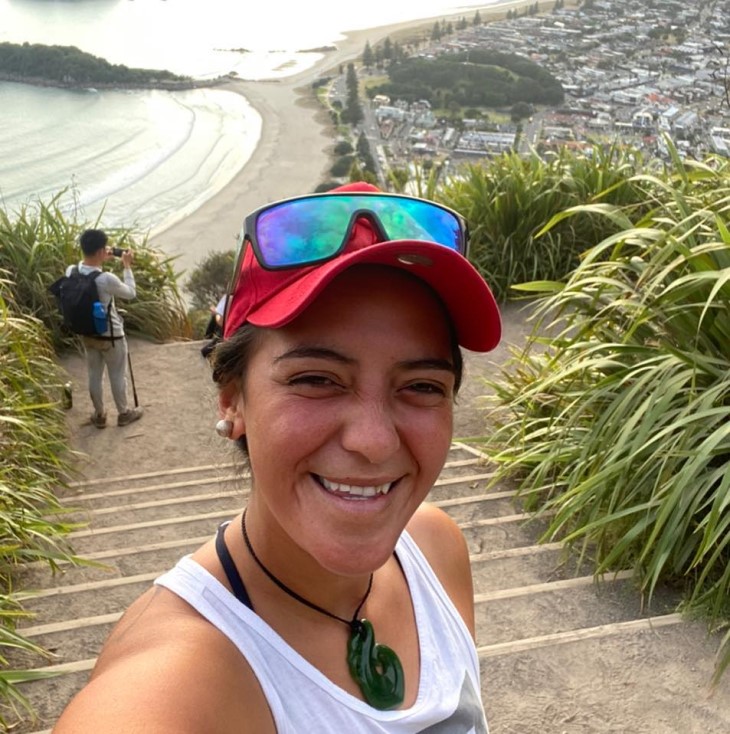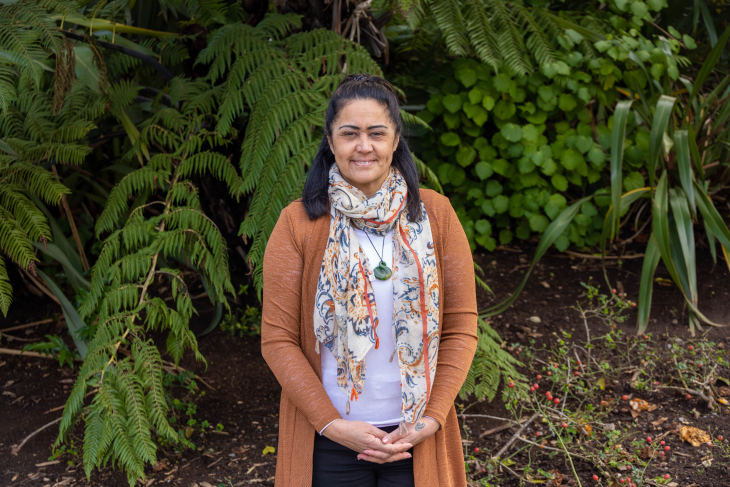Wai Mauri Health: The realisation of a Māori health dream
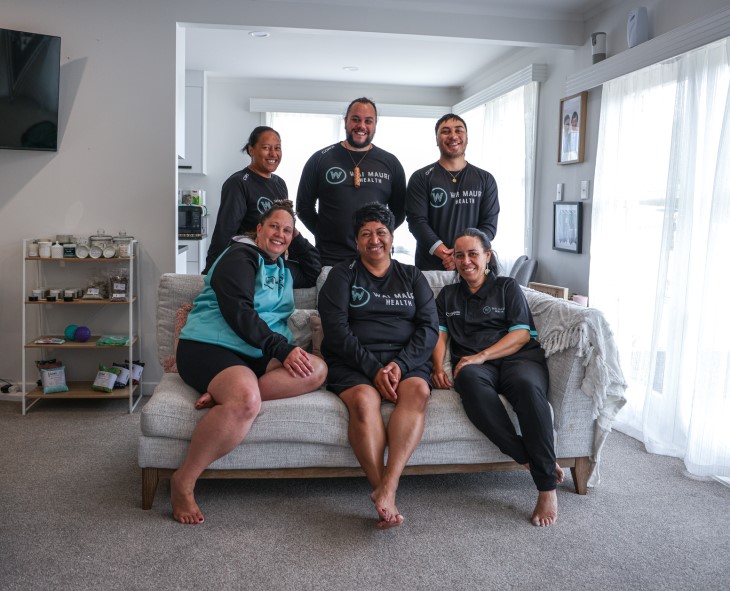
Wai Mauri Health, a Hamilton-based Māori healthcare provider, is making the most of ACC’s support of rongoā Māori to empower its kiritaki (clients) to have control over their wellbeing and enjoy better health outcomes.
Ehara taku toa i te toa takitahi, engari he toa takitini
‘Success is not the work of one individual, but the work and contribution of many’
Every time Māori health practitioner Dale Wilson walks into her whare (clinic), she’s opening the door to the realisation of a family moemoea (dream).
Wai Mauri Health is a Hamilton-based whānau-integrated kaupapa (a set of principles and values that inform Māori customs).
It supports whānau to achieve and have control over their health and wellbeing aspirations through rongoā Māori (traditional healing) and clinical approaches, such as mirimiri (bodywork), massage therapy, physiotherapy and other rehabilitation services.
The Wai Mauri Health name was gifted by Dale’s late parents, Michael and Maria Wilson. With the rest of her whānau, they believed in her dream and helped her actively pursue it.
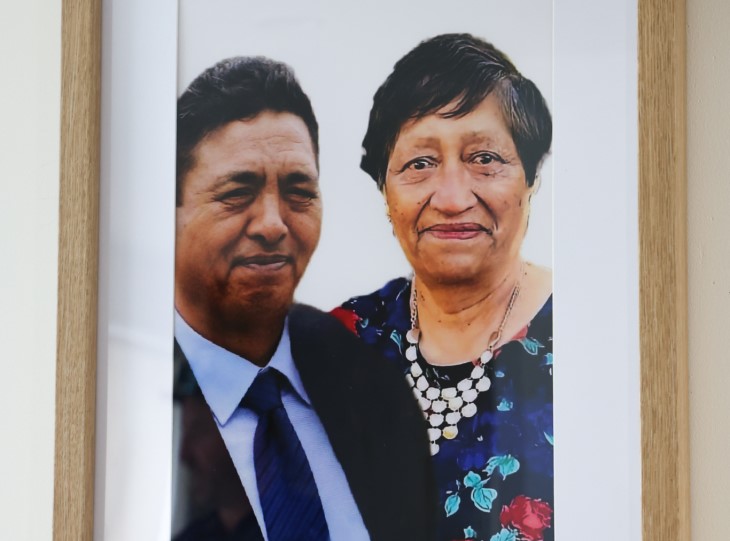
Dale Wilson's late parents, Michael and Maria Wilson.
“Wai means ‘water’, which is a healing property in our whānau,” Dale says.
“Mauri means ‘life essence’. Everyone has a mauri and we want to help whānau enhance their mauri.”
The kaupapa at Wai Mauri Health is to be part of the solution in addressing health inequities and reducing barriers to healthcare services. ACC is supporting Wai Mauri in this work.
“The support of ACC has made a big difference,” says Natasha Harland, a member of the Wai Mauri team.
“It helps us focus on delivering a holistic approach to a person’s wellbeing,”
While rongoā Māori is available as a rehabilitation option to ACC clients throughout the motu (country), Waikato is the largest source of claims (2,623) since it was launched, followed by Bay of Plenty (753), Auckland (648) and Wellington (622).
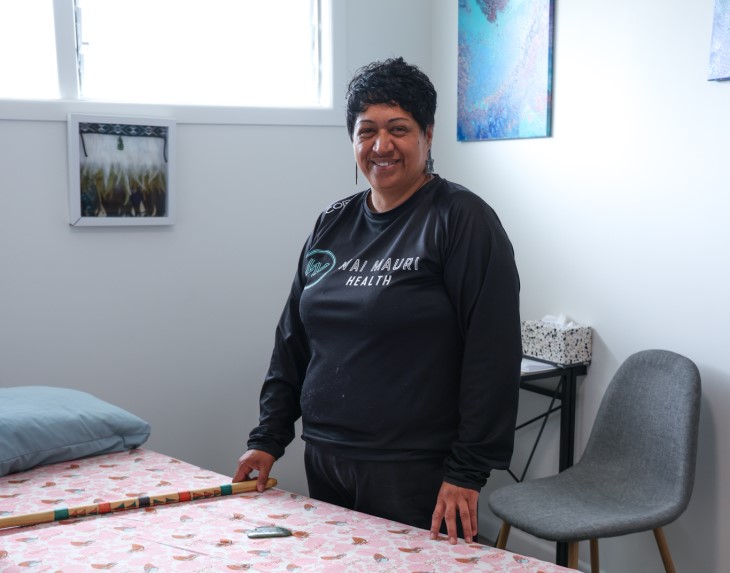
Wai Mauri Health founder Dale Wilson.
A thriving practice based on Māori values
Wai Mauri Health offers integrated holistic services within injury prevention, rehabilitation, massage therapy and traditional Māori healing, using a te ao Māori (the Māori worldview) lens for recovery.
The values of manaakitanga (hospitality), whanaungatanga (relationship, kinship), kotahitanga (togetherness), wairuatanga (spirituality) and tino rangatiratanga (absolute sovereignty) underpin the clinical practice.
“Māori culture is about collectivism and doing things together, rather than as individuals,” says another kaimahi (staff member) on the Wai Mauri team, Ioana Marsters.
“We want our whare to feel like everyone is welcome. It helps us to create the right atmosphere around whānau and providing support.”
Colleague Joshua Rameka says rongoā is using traditional methods for the purposes of healing.
“We’ve seen real growth in the awareness of rongoā,” he says.
“In the physical recovery and someone’s wellbeing, mentally and emotionally, we’re seeing that these factors all play a part in a person’s recovery.”
The Wai Mauri team fosters mana-enhancing healthcare by inspiring whānau to see their own potential, whilst interweaving te ao Māori values within the wellness space.
Wai Mauri’s approach to healthcare is grounded in Māoritanga (the Māori way of life), Dale says.
“For anyone coming into the Wai Mauri space, we call it ‘unblurring the mauri’,” she says.
“Our whānau aren’t broken when they come in here, they’re just a little bit blurry. By nourishing their wairua (spirit) and their wellbeing here, they begin to see their full potential.
“We want to break down some of the barriers that are there for Māori when it comes to accessing healthcare.”
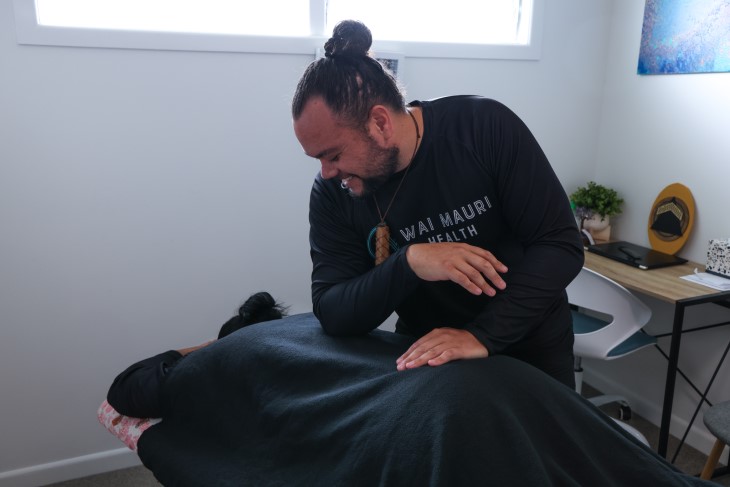
Joshua Rameka practicing rongoā Māori methods on a client.
Supporting pēpē, pāpā and māmā
Wai Mauri Health recently launched Puna Wai Ora, a new kaupapa Māori integrated service for māmā (mother) post-natal care and to support birthing parents who have sustained a maternal birthing injury.
“We take a whole whānau approach as pēpē (baby), pāpā (father) and māmā can all experience trauma through the birthing process,” Dale says.
A pelvic physiotherapist has joined the whānau and Dale feels proud that Wai Mauri can provide a te ao Māori lens and build birthing mātauranga (knowledge) into the practice.
The team refer whānau to ACC if they experience a maternal birth injury.
Since 1 October 2022, ACC has been providing accident cover for specific injuries experienced by māmā and birthing parents. These can occur from the beginning of labour through to delivery of the pēpē.
ACC estimates that most birthing parents will experience an injury during labour and childbirth. While many of these will resolve with standard maternity care or require low-level support, some will need more significant treatment and care.
ACC supports kiritaki (clients) with a covered birth injury by funding care and treatment to help their recovery. This could be rongoā Māori, pelvic physiotherapy, counselling or home help.
“It’s awesome we’ve got the opportunity for rongoā Māori to be in that birthing space, supporting maternal birth injuries alongside the networks of Māori midwives and birthing units,” Dale says.
“The effects of these injuries are widely felt. With ACC, we now have the ability to be able to make some changes in how we care for māmā and support the whole collective whānau with their birthing injury.”

Natasha Harland says ACC support is helping reduce barriers for Māori in accessing healthcare.
Building trust in the health system
Dale says having rongoā as an option for recovery with ACC has been well received by her community.
“We need to build trust with Māori. Something I often hear is that Māori don’t want to make a fuss,” she says.
“Having rongoā available as an option to holistically meet all of their health and cultural needs helps build trust in the health system.”
As of August 2023, ACC has partnered with more than 160 rongoā practitioners (from Kaitāia to Rakiura) to deliver more than 49,000 rongoā sessions for around 6,400 kiritaki (clients).
ACC data shows rongoā Māori claim volumes have more than doubled since the same time last year – there were almost 29,000 rongoā sessions delivered in the 12 months to August 2023.
Over the same period, the number of ACC-registered rongoā practitioners around Aotearoa has increased by 50 per cent.
In Waikato, ACC has 33 registered rongoā practitioners. They’ve delivered more than 2,600 rongoā sessions to support more than 2,300 kiritaki.
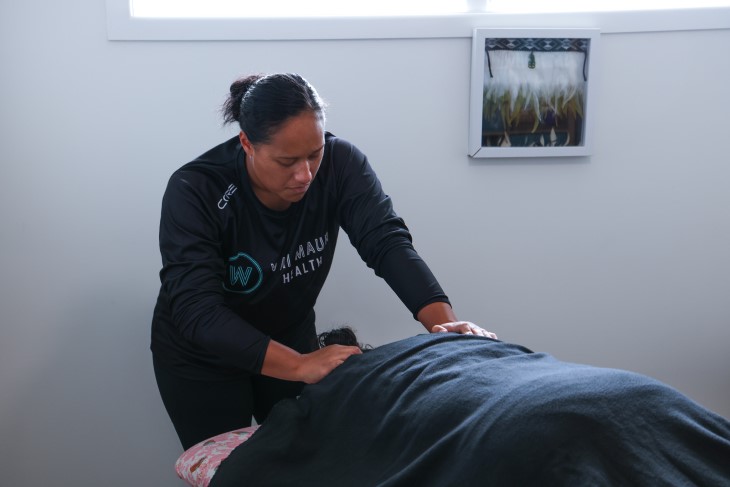
Ioana Marsters says the Wai Mauri team aim to create an atmosphere where everyone is welcome.
Making a difference for Māori
Eldon Paea, Head of Māori Health Partnerships at ACC, says the numbers show rongoā Māori is making a difference.
“We recognise we need to offer a choice of support services that reflect tikanga Māori (Māori customs) and te ao Māori to uphold our responsibilities to Māori under Te Tiriti o Waitangi,” he says.
“We want to bring more Māori to ACC to support better health outcomes, and partnering with rongoā Māori practitioners who are connected in their hapori (communities) is helping us to do this.”
Dale also sees a role for Wai Mauri Health in helping to increase the number of registered rongoā Māori practitioners.
“We can help and support kaimahi to navigate that journey,” she says.
She knows supporting others is helping make the moemoea become a reality for kiritaki and practitioners in her hapori (community) – something her parents would no doubt be proud of.
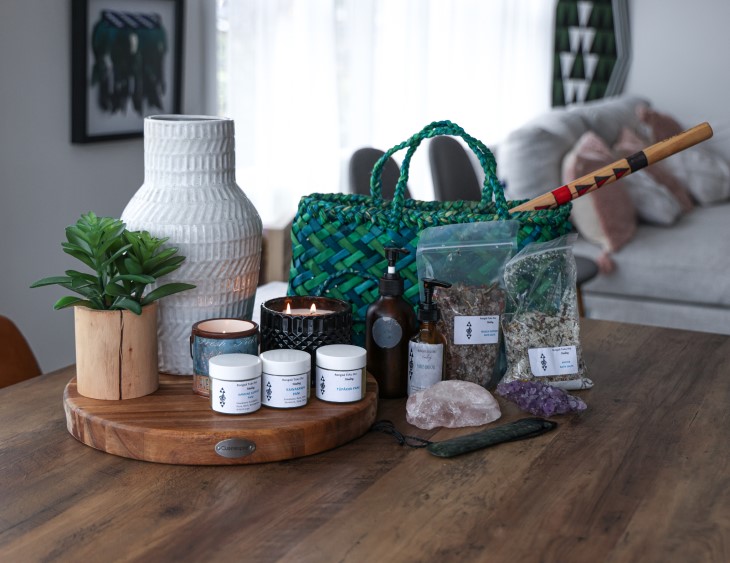
More information on rongoā Māori
- Rongoā is traditional Māori healing comprised of many different techniques, including mirimiri (bodywork), rākau rongoā (native flora herbal preparations), karakia (prayer) and more.
- Rongoā Māori has been offered as a rehabilitation service by ACC since June 2020.
- ACC data shows rongoā Māori claim volumes more than doubled in the 12 months to August 2023, with almost 29,000 rongoā sessions delivered to kiritaki.
We’re hosting our inaugural ACC Rongoā Māori Conference in May 2024, more information is available on the online hub.



